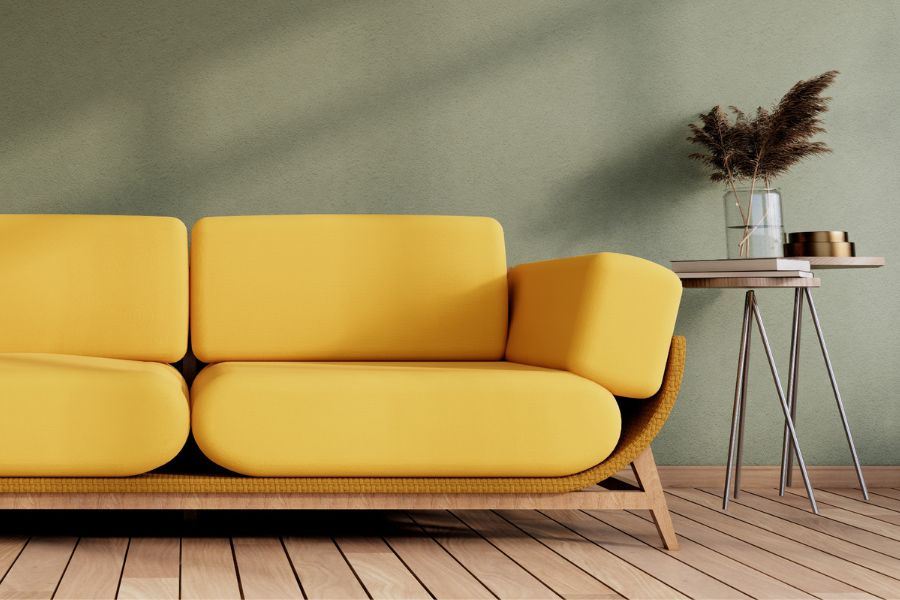The EU Ecodesign Regulation
The purpose of the EU Ecodesign Regulation is to ensure more environmentally friendly and circular products as well as clear information about the products' environmental impact and energy consumption. This will make it easier for consumers to make good and green choices in their everyday lives.
The proposal for a new regulation was presented by the European Commission in March 2022. It is an extension of the Ecodesign Directive of 2009, which set requirements for energy use for energy-related products. The proposal is part of the EU Green Deal and one of several initiatives to ensure more sustainable products and promote a circular economy. On 11 December 2023, the Council of Ministers and the European Parliament agreed on the content of the new regulation.
The Ecodesign Regulation is a framework with requirements for minimized environmental impact for various products – to ensure energy efficiency and increased circularity.

Ecodesign principles
The new Ecodesign Regulation allows the Commission to set requirements for:
- Durability, reusability, repair, maintenance, dismantling and rebuilding
- Reduced use of harmful chemicals
- Energy and resource consumption
- Increased content of recycled materials
- Increased material recycling
- Environmental impact throughout the product's life cycle, including climate and environmental footprint
- Prevention of waste, including packaging waste
Products covered by the Ecodesign Regulation
The Ecodesign Regulation will set out 'ecodesign' requirements for almost all physical goods sold on the European market, with the exception of food, pharmaceuticals and animal feed. Products covered by the regulation include:
- Appliances, electrical products, batteries
- Clothing and textiles
- Furniture
- Detergent
- Lubricant
- Colour
- Cosmetics
- Toys
The plan is that the new requirements will be rolled out for one product group at a time – textiles, furniture and detergents are expected to be among the first products to be affected by the regulation.
A tool for more environmentally friendly products
The Nordic Swan Ecolabel reviews all relevant environmental parameters and the entire life cycle in order to set requirements that ensure the greatest possible environmental and climate impact. At the same time, the Nordic Swan Ecolabel also sets absolute and product-specific requirements.
This means that companies can use the Nordic Swan Ecolabel as an effective tool to develop products that are among the best in terms of the environment in their category. But it also means that companies can use the Nordic Swan Ecolabel to be at the forefront when it comes to the requirements that come with the introduction of the Ecodesign Regulation.